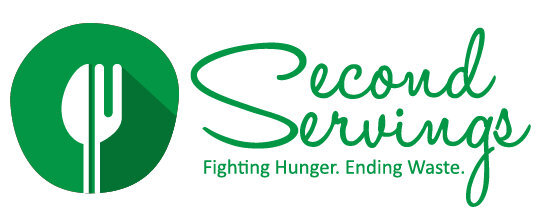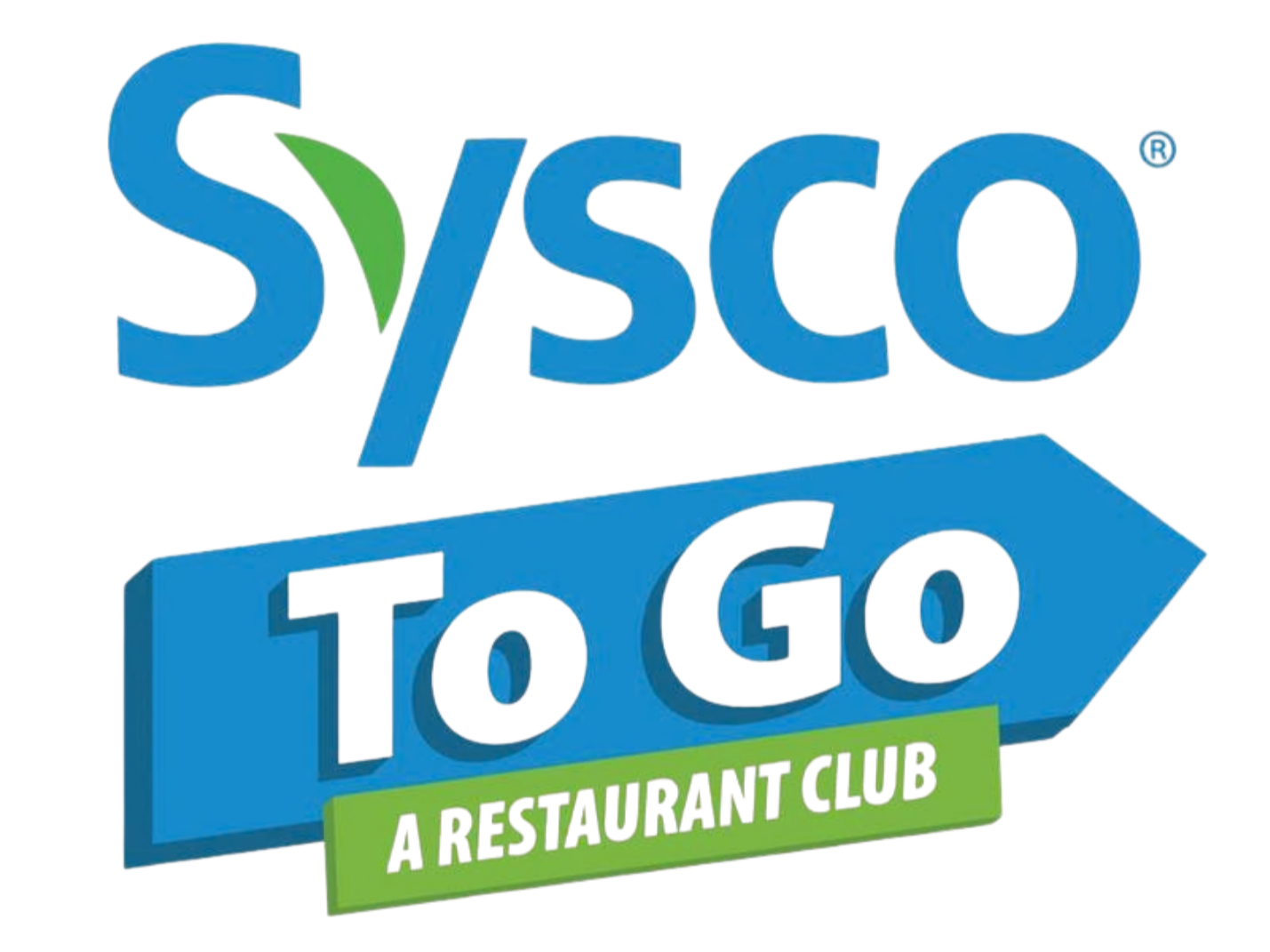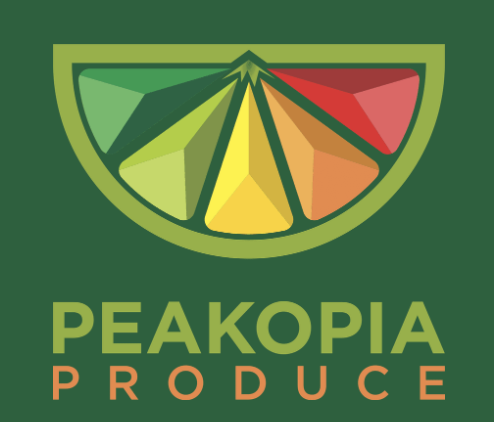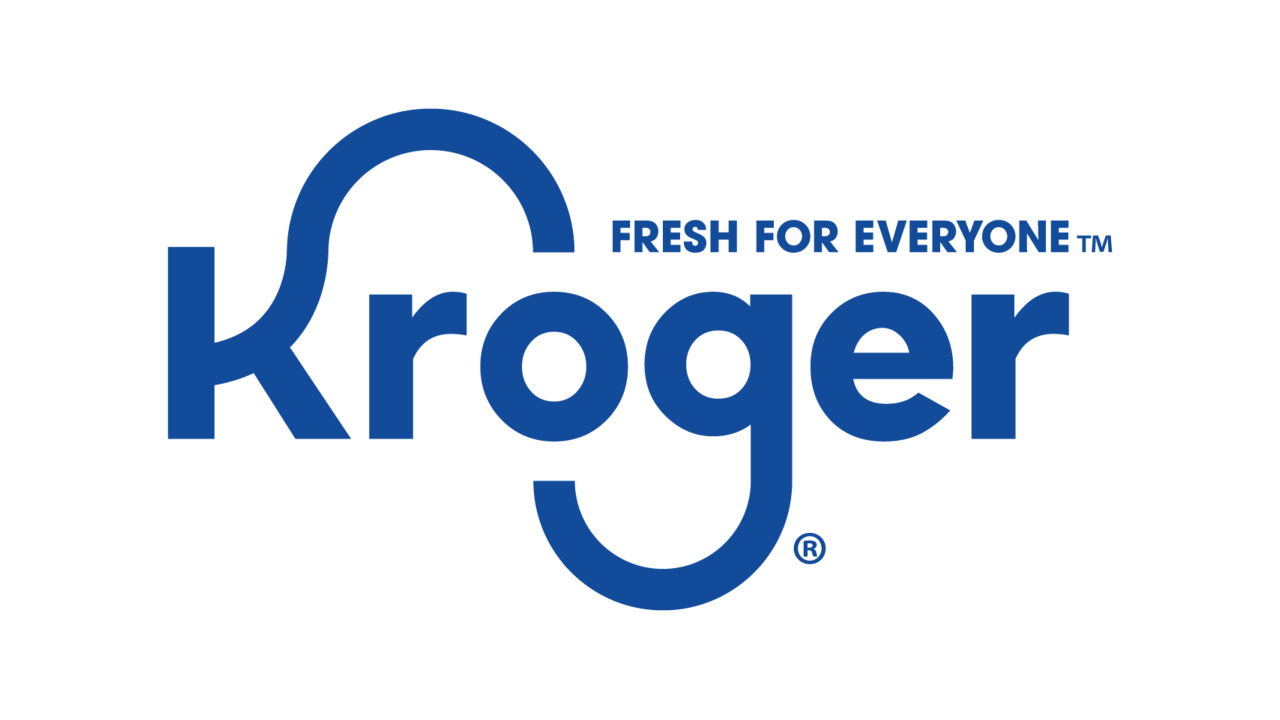food donors are at the heart of our operation
it is simple and cost-free for food businesses to donate their surplus food
We partner with over 450 food businesses, such as grocers, distributors, sports venues, convention centers, retailers, hotels, caterers, schools and many others. Pick-ups can be scheduled on a regular or as-needed basis.
benefits to donating surplus food
By partnering with us, food businesses can benefit through enhanced tax deductions, reduced waste disposal fees, improved employee morale, a boost in public image and reduced carbon footprint.
how it works & what to expect
1. After you fill out the form below, we will contact you to discuss our guidelines and simple process.
2. We will develop a convenient pick-up schedule on a regular or as-needed basis.
3. Our driver will pick up your donation in our refrigerated van, and deliver it directly to the appropriate recipient sites.
4. We will email you a receipt after the close of each quarter, reporting your total donation and the nonprofit recipients.
food safety
we take food safety very seriously
We only accept food from licensed food businesses, such as distributors, hotels, convention centers, sports venues and caterers, which have agreed to follow our guidelines.
Our delivery vans are refrigerated to keep food at safe temperatures throughout the year.
Our drivers are certified in safe food handling and will reject any food donation that doesn't meet our standards.
Our recipients have met our food handling and storage requirements, and have agreed to follow our guidelines.
liability
food donors are protected from liability
In the past, some food establishments were reluctant to participate in food donation because they feared litigation. With the needs so great and billions of pounds of food getting wasted every year, the Federal Government passed legislation to encourage food donation and protect food donors from liability, when they donate in good faith, to nonprofits like Second Servings.
Federal Law: The "Bill Emerson Good Samaritan Food Donation Act" of 1996 shields food donors from civil and criminal liability, except in cases of gross negligence or intentional misconduct.

















